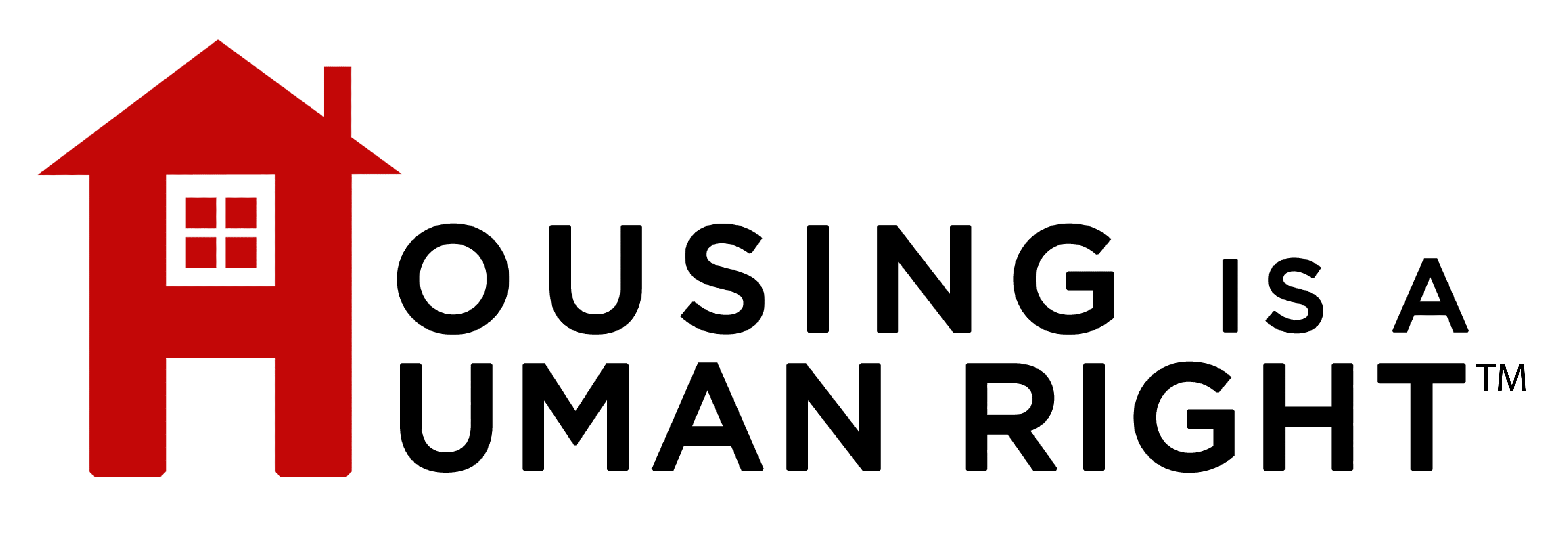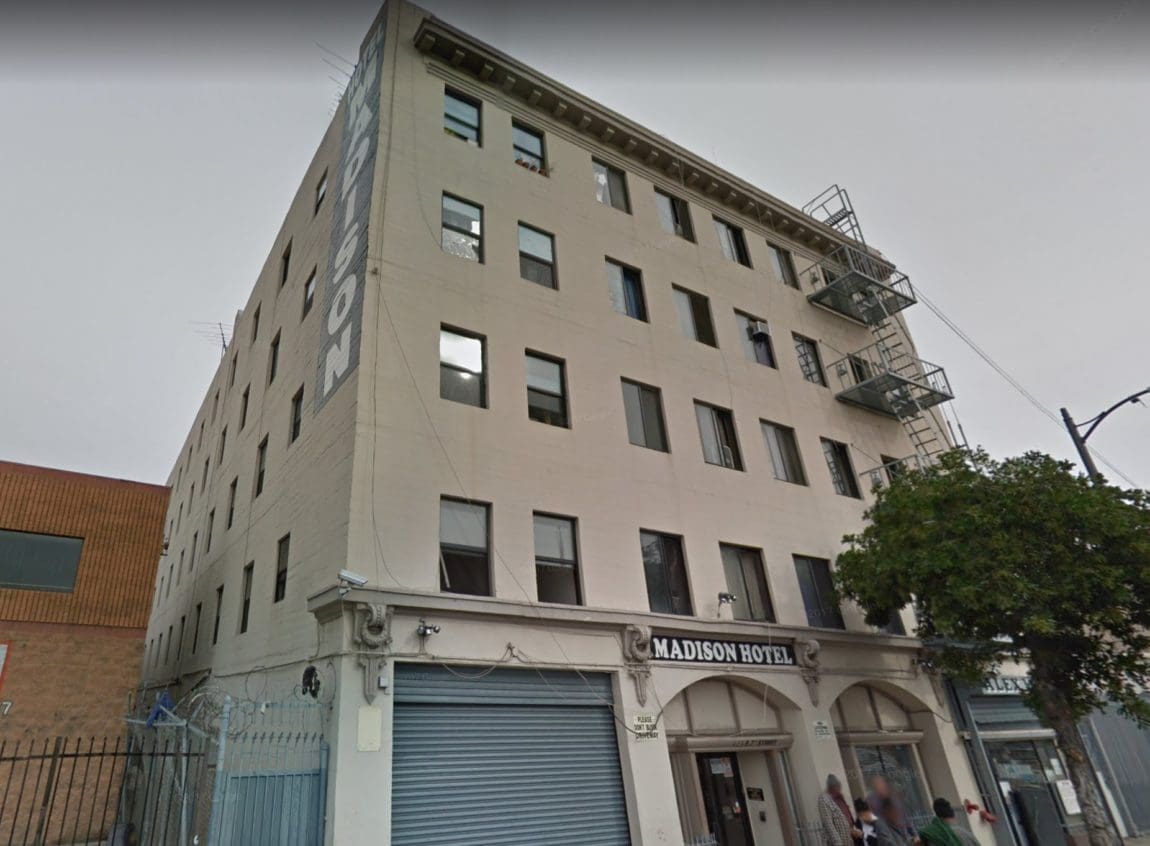AIDS Healthcare Foundation, the world’s largest nonprofit HIV/AIDS medical-care provider, has launched Healthy Housing Foundation to serve our most vulnerable residents in Los Angeles. Unstable or no housing is a primary impediment to the effective treatment of HIV and other chronic diseases.
While providing housing justice advocacy through Housing Is A Human Right, AHF will also create affordable, stable housing through Healthy Housing Foundation. AIDS Healthcare Foundation was founded in 1987 as a housing organization for terminally ill AIDS patients.
AHF will demonstrate that residents at extremely low and very low income levels can be helped without the high costs too often associated with creating affordable housing.
The Healthy Housing Foundation’s mission includes:
- Build or acquire units to make them available for low-income housing (below 50% of the average median income).
- Refurbish these units for far less than the $350,000 per unit currently touted as the “norm.”
- Generate returns sufficient to justify deploying capital in this way.
- Scale this model to create housing for more Californians in need at the lowest income levels.
- Use 100% equity financing to do so, without leverage or LITEC funding, which often carries regulations and restrictions that inhibit cost effective decent housing.
To that end, AHF has purchased the Madison Hotel on East 7th St. in Downtown Los Angeles’ Skid Row community. The Madison is a historic 220-room single room occupancy hotel built in 1924. It is partly occupied, with 80 residents still living there who will be invited to remain in their homes. Each unit, acquired and refurbished, will cost the Foundation about $34,000-$39,000. AHF will rent them out at modest rents (approximately $400 per month).
For addressing the housing affordability and homeless crises, AHF carries out a multi-pronged, community-based approach known as the “3 Ps”:
- Protect tenants: prevent gentrification and homelessness by keeping rents under control and discouraging evictions;
- Preserve communities: support progressive, sustainable land-use policies that maintain neighborhood integrity and allow working- and middle-class families to stay in their communities;
- Produce housing: Produce truly affordable housing through adaptive reuse and cost-effective new construction.

